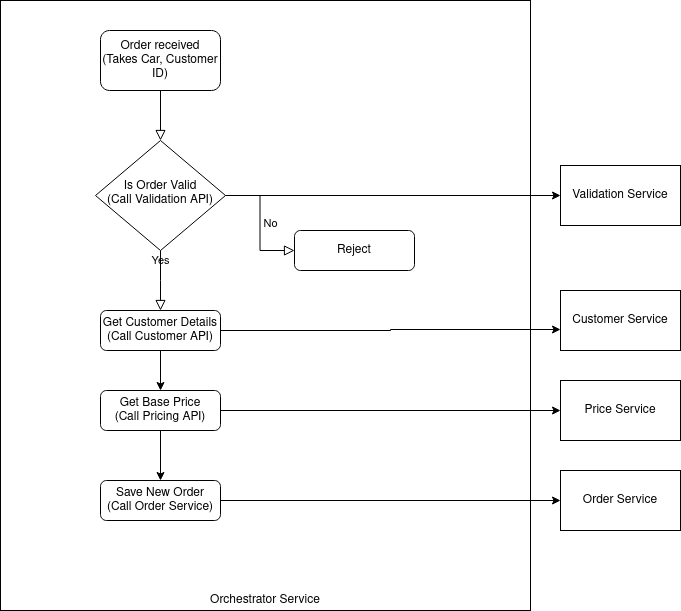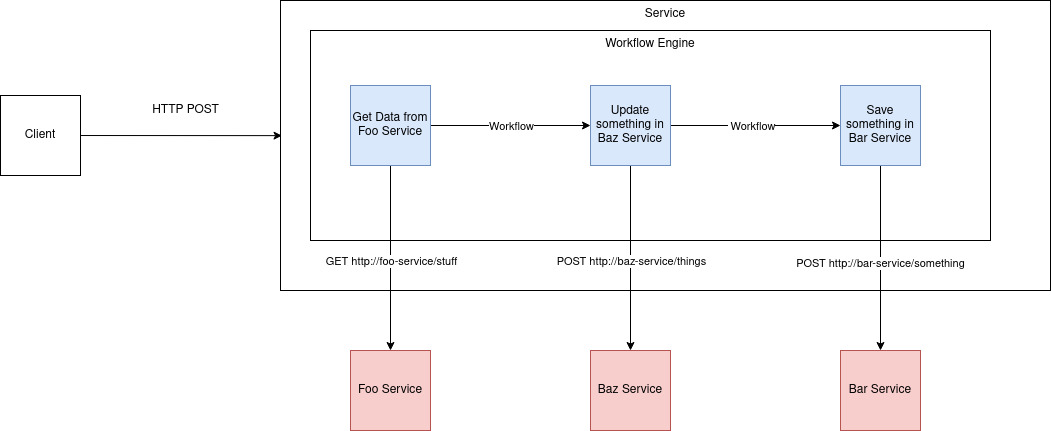Thoughts from API Days London 2024 - Day 2

Green IO Opening Remarks - Gaël Duez Founder - Green IO Gaël started the Green IO conference (this was a track within the APIDays conference) with a very welcoming and friendly tone that felt quite different to other conferences. He encouraged us to greet our neighbour and say hello which went really well. The room was completely full with many people standing at the back. I can imagine that next year this conference will be moved into a bigger room. Gaël Duez Kicks off Green IO Keynote: Consensus As A Climate Lever Room: Commercial 3 Chris Adams Executive Director - Green Web Foundation Chris explained to us "just how messy carbon calculation can be". My main takeaway from Chris's talk was exploring the concept of consensus and how having too strict a definition can be counter-productive. Instead people now realise that to get things done we need to instead aim for "rough consensus" and came up with a great quote... "We reject: kings, presidents, and vot...

